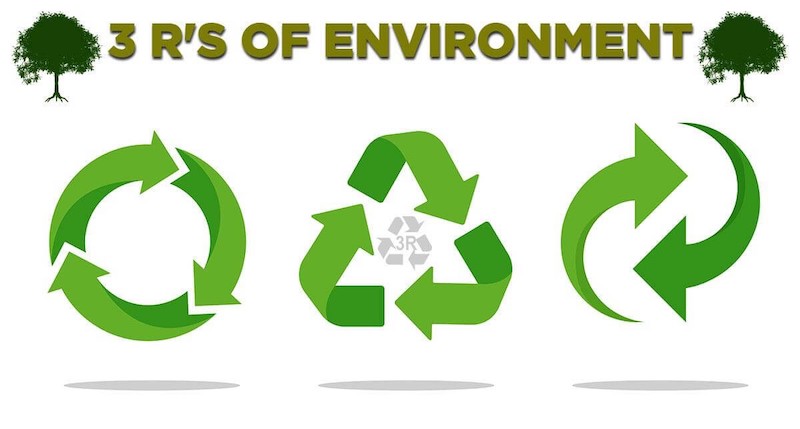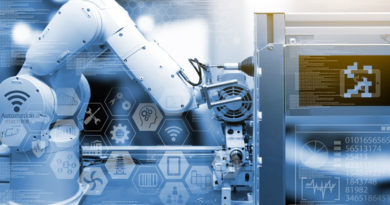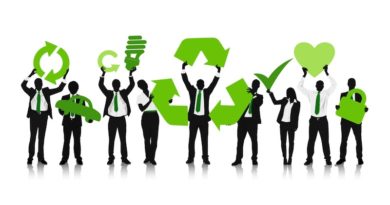
Ecodesign of products: the condition to put an end to the waste economy
As the world’s largest market, when the European Union sets the rules of the game, companies act accordingly. This gives us, as European legislators, a regulatory influence that has an international impact. We must use this responsibility to set the framework towards a positive economy for people and the planet.
The proposal of a regulation on the eco-design of sustainable products in Europe is essential for the ecological transformation of our economical model. It is urgent to get out of a punitive linear economy, addicted to extractivism and waste.
An economic model that favors the production of low quality, disposable, non-reusable, poorly repairable objects whose raw materials are neither recoverable nor recyclable must be abandoned. The European Union can promote a model of innovation through sobriety and the implementation of a market that favors use rather than ownership within a circular economy where nothing is lost but everything is recycled.
The ecodesign of products is a fundamental step for the realization of this positive economy. It allows us to reduce the impact on the environment by taking into account the entire lifecycle of a product. Regulating the choice of materials, the production process and making design choices to ensure that the materials necessary for their manufacturing are recoverable and reusable. Sustainability of a product is decided from the outset: to make it repairable, easily recyclable, with interoperable components and software, standardized spare parts… Setting these eco-design standards for all products in Europe is therefore fundamental.
But ecodesign and the circular economy are not magic wands. They will not be enough to meet the ecological challenges we are facing. We know that producing a new product is what generates the most negative environmental impact. This means that keeping a product on the market as long as possible is what really helps reduce our overall environmental footprint. Replacing it every year with a new product, even one that is marginally more resource or energy efficient will have the opposite effect.
To be clear,
Maintaining an economic model that relies on the production of more and more new products, even if they are eco-designed, to replace the old ones, is not virtuous for the planet. In the same way, boosting the “artificial need” for objects that will seldomly be used – if ever – cannot be ecologically viable, whatever the conditions of production of these products.
Placing an object on the market will never be environmentally neutral. It is therefore necessary to reorient our economic model of production and consumption towards the conservation of products over time, and therefore towards a generalization of second-hand sales, repair, reuse and reconditioning. This implies changing the current dominant commercial practices.
For example, one of the limits present, for the moment, in the Commission’s proposal, states that ecodesign criteria should not disproportionately affect the competitiveness of companies. I think, on the contrary, that we need to redefine the criteria for a company’s competitiveness. Competitiveness cannot be based on extraction, destruction and waste. The profitability of a company should no longer be based on the socialization of the negative externalities that its business model entails. Indeed, these negative impacts, these environmental destructions, are absent from the calculation of the value that defines “competitiveness” today. We must move from a competitiveness of destruction to a competitiveness of preservation, and thus from a vicious circle to a virtuous circle.
Ecodesign rules will create new qualification needs in the field of repair and recycling. The creation of a usage value from existing products is a model that is gentle on the environment and intense in terms of non-relocatable jobs for small and medium-sized companies rooted in their territories.
They will encourage the emergence of new economic models, based on values specific to the social and solidarity economy: the renting and sharing of collectively owned products, cooperation through free software… The freedom for the consumer to choose his operating system on his digital devices would establish a free competition on the software creation and the possibility to choose those which encourage a long life of products.
Last but not least : for the European Union, a sober and circular strategy is a question of strategic sovereignty. Not only does it maintains resilient and non relocatable economic activities on our soil, but it also reduces our dependence on raw materials that we do not possess on our continent. Regaining control over what our economy and our domestic consumption depend on is a decisive issue if we are to continue to keep the original promise of the Union: peace and prosperity.
A fair and sustainable ecological transition raises the question of our priorities, our needs and the definition of what we call “innovation” and “progress”. Moving from purchasing power to the power to live well: having the time to connect socially with those around us, having access to a good health system, an education system that allows us to realize ourselves as humans and to take care of nature.
In the economic field, the ecological transition consists in giving meaning to our economy by taking it out of extractivism in order to make it less destructive for the environment, more sober in terms of raw materials and energy and less costly for households while creating local, qualified and sustainable jobs.




